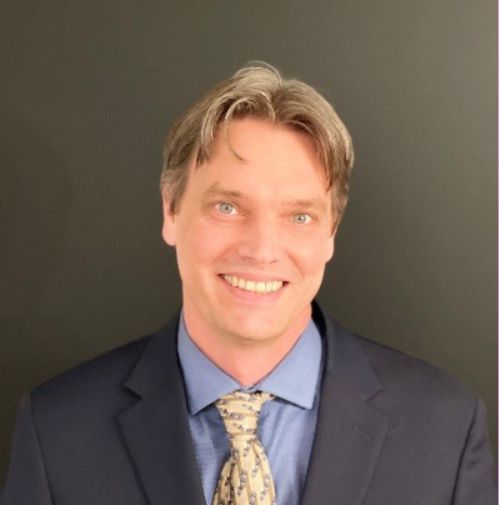
LPS Colloquium: Dustin Froula (Rochester)
Inertial Fusion Energy – Consortium On Laser Plasma Instability Research
The recent demonstration of fusion ignition at the National Ignition Facility has opened the door for an inertial fusion energy (IFE) program that would bring IFE power to the world. Direct-drive fusion is the most straight-forward concept for IFE, with its relatively simple target designs, open geometry, and significant potential for generating efficient robust ignition. Expanding the inertial fusion design space to include robust high-gain implosions requires further control of laser-plasma instabilities. Current simulations suggest that fractional laser bandwidths of ~2% could mitigate laser plasma instabilities at IFE plasma conditions and the Fourth Generation Laser for Ultrabroadband Experiments laser at the University of Rochester’s Laboratory for Laser Energetics provides a transformative opportunity to experimentally demonstrate these benefits, which would illuminate a clear direction to an IFE driver. This research couples state-of-the-art laser technologies with advanced laser-plasma instability modeling and experiments guided by experimentally tested hydrodynamic simulations to provide the scientific and technological underpinning for a high-bandwidth direct-drive IFE system. Furthermore, IFE-COLoR is part of the IFE Ecosystem that is advancing IFE through a coordinated national effort that includes national collaboration, advocacy and outreach.
Before the lecture, joion us for a reception: 3:45–4:15 p.m., and student Q&A: 2:45–3:30 p.m.
Bio:
Prof. Dustin Froula received his Ph.D. degree in physics from the University of California, Davis in 2002. After working as a research scientist at the National Ignition Facility Inertial Confinement Fusion Directorate at Lawrence Livermore National Laboratory (2002-2010), he spent a year on sabbatical at the University of California, Los Angeles where he completed the book, Plasma Scattering of Electromagnetic Radiation: Theory and Measurement Techniques. He then joined the research staff at the Laboratory for Laser Energetics as a Senior Scientist before becoming the Plasma and Ultrafast Physics Group Leader in 2011, and the Director of Plasma & Ultrafast Laser Science & Engineering in 2021.
He is a professor of physics (research) in the Department of Physics and Astronomy at the University of Rochester. In 2007, he received the Department of Energy’s Outstanding Mentor Award for his work with undergraduate and graduate students. He was selected as a fellow of the American Physical Society in 2017. In 2019 he was awarded the John Dawson Award for Excellence in Plasma Physics Research and he received the Ernest Orlando Lawrence Award in fusion and plasma sciences in 2020, “For seminal and creative contributions in fundamental laser-matter interaction physics, and laser-driven plasma accelerators that have significantly advanced the DOE’s mission, including pioneering spatiotemporal pulse shaping techniques, focused laser–plasma instability research, and novel high-resolution Thomson scattering methods.”
This work is supported by the U.S. Department of Energy (DOE), Office of Science, Fusion Energy Sciences, under Award No. DE-SC0024863: IFE-STAR.